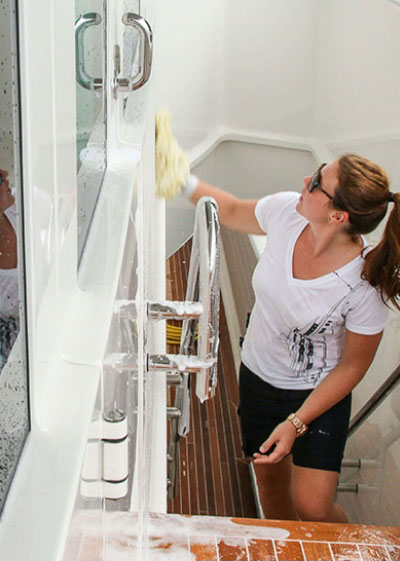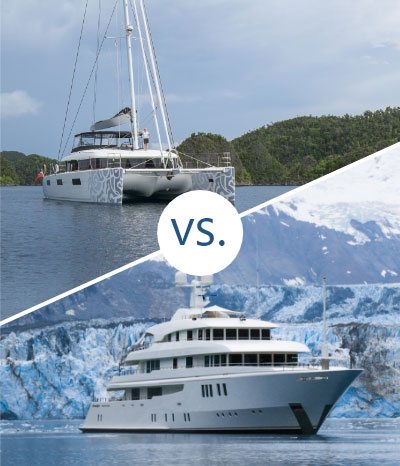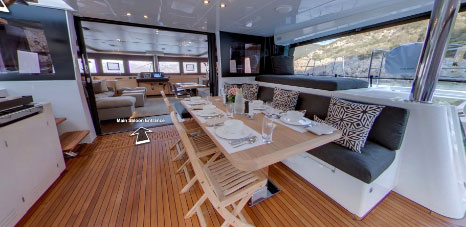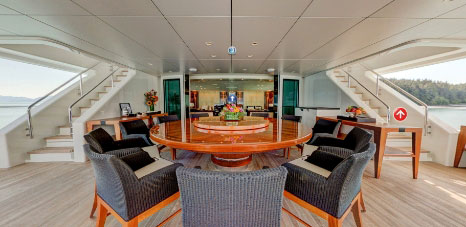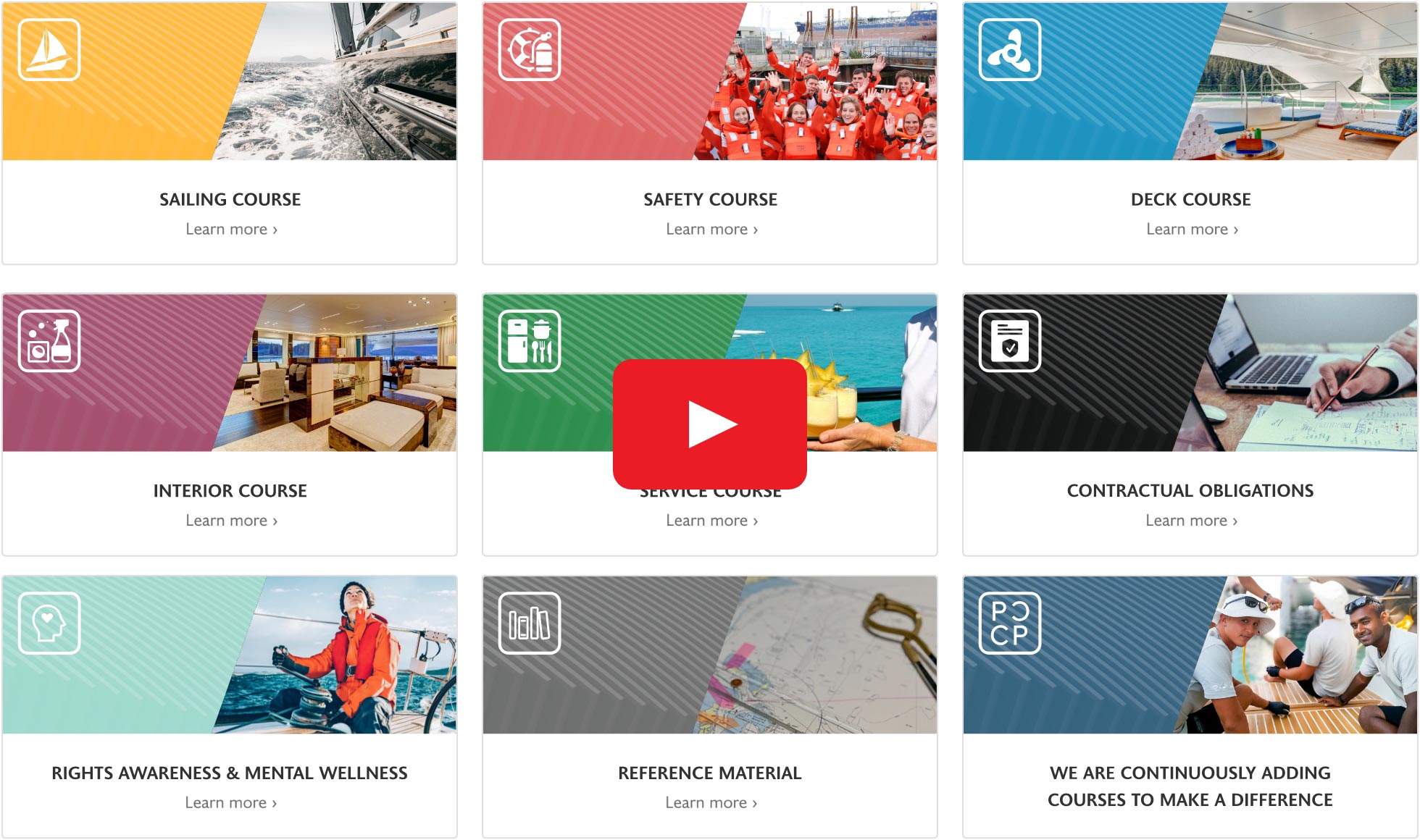A comprehensive and subsidised E-learning Programme designed to give people aspiring to be crew on yachts a solid foundation and core knowledge to move towards having a professional career in the Luxury Yachting Industry.
The yachting industry offers remarkable opportunities for people from all backgrounds. However, most newcomers enter the industry not knowing anything about the business, and are typically unaware of the essential knowledge required, the different job roles on board and career paths available.
The Progressive Crew Career Programme has been specifically designed to provide a comprehensive E-learning value-for-money paid-for course package to ensure that aspiring crew are equipped with the fundamental knowledge required to realistically consider pursuing a professional yacht career.
Completing the E-Learning programme helps individuals gain essential insight into luxury yacht operations, enabling them to make informed decisions about their career and the role they may be best suited to. While there are other ways of entering the industry, a lack of individual understanding can make these career decisions high-risk in terms of initial financial outlays.
The Progressive Crew Career Programme prepares people by providing them with extensive core knowledge. It aims to relieve parents, sponsors, insurers and industry leaders of the risk of financing ill-informed entrants and mitigates the consequences of poorly trained individuals working at sea.
The Progressive Crew Career Programme collaborates with organisations within the luxury yachting industry to achieve the following:
- Elevated industry safety standards, qualifications, and expertise
- Reduced risk for insurers by supplying knowledgeable and informed candidates
- An established and thorough learning platform for the industry
- Increased core awareness of human and labour rights standards and protections
Industry stakeholders support and endorse this programme, as we believe they will recognise the challenges that industry newcomers face. Their support will stem from the assurance that graduates of this programme obtain an increased and independent understanding of the career paths, standards, responsibilities, and accountability required to thrive in the yachting industry.











